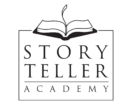Optimize Your Critique Group Experience
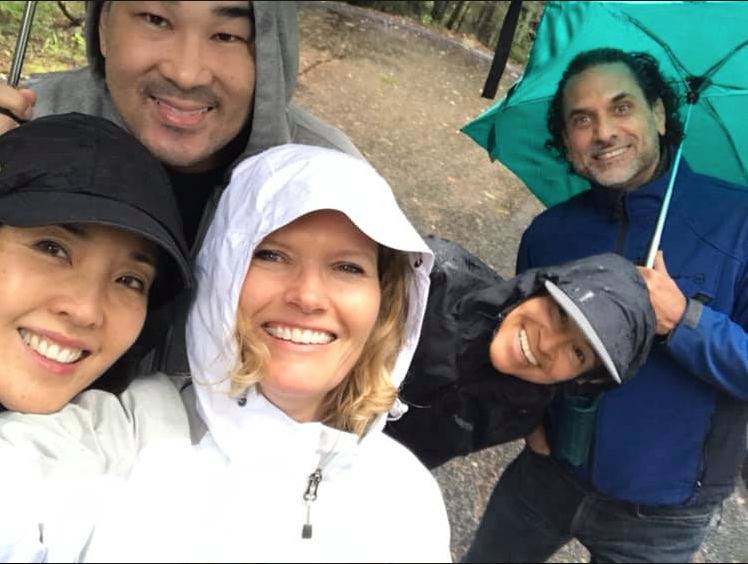
We have a lot of critique groups meeting for the first time next week, so let’s look at how you can optimize your critique group experience. The most important thing you can do is show up. I mean, it’s best to have your own work prepared and ready to share, but even if you don’t have anything, you need to attend, give feedback, and build relationships. When you join a critique group, you’re making a commitment to be there for the other people in the group. It’s one of the smartest investments you can make.
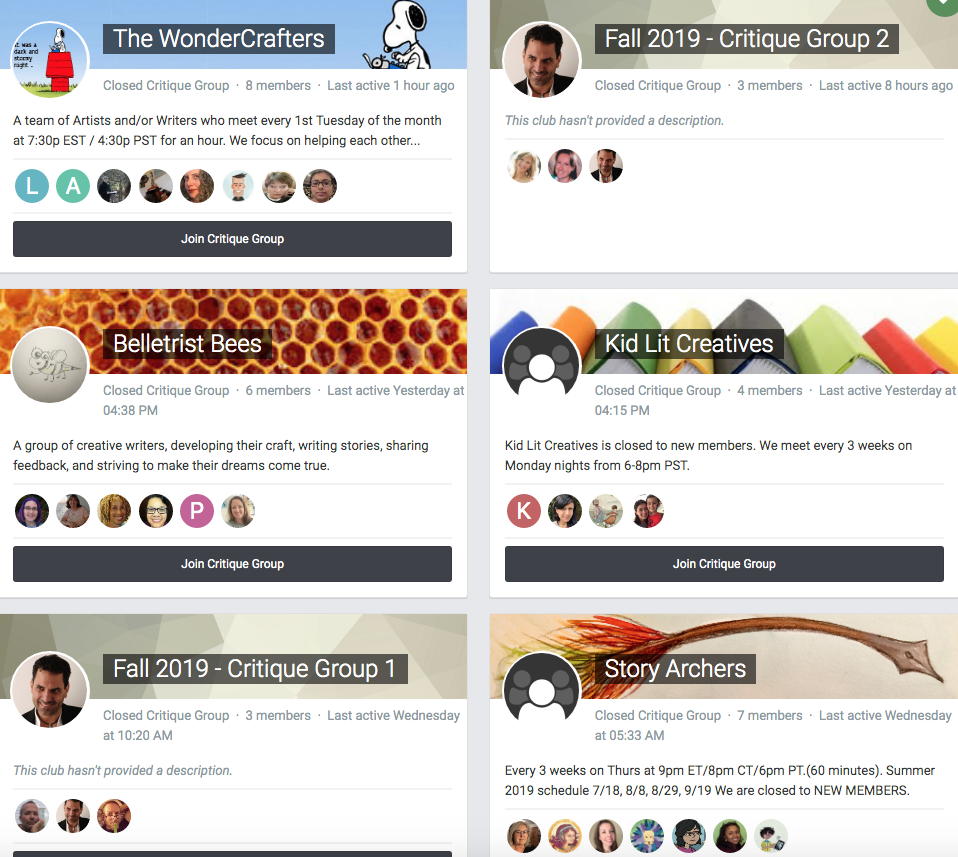
That's why, in addition to our instructor-mentored critique groups, we provide resources to help our students run their own critique groups.
Preparation
Writing and illustrating are solitary endeavors. You’re working on your own most of the time. Things you can do on your own include:
1) Generating ideas
2) Morning Journaling
3) Creative Walks
4) Master Studies
5) Remembering books you liked as a kid
6) Searching for an idea you can’t wait to make
7) Imagining scenes
8) Story Mapping
9) Drawing!
10) Making thumbnails
11) Character studies
12) Identifying your story’s problem
13) Writing down lines that pop into your head
14) Getting the whole thing down
15) Making a dummy
16) Looking at pacing and composition
17) Strengthening page turns
18) Evaluating how words work with pictures
19) Asking how you can SIMPLIFY
20) Eliminating unnecessary words and story points
With Your Critique Group
There’s so much that you can do on your own that you might be wondering why you need a critique group. Well, you need feedback. The most important thing you can do when someone else critiques your story is to listen. Don’t get defensive or blow off criticism. After all, you don’t have to take anyone’s advice on how to improve your story. Just listen, take notes, and express appreciation.
And then, you should probably ask some questions. So, let’s talk about some questions you might ask your critique group:
1) What excites you about this idea?
2) What scenes come to your mind?
3) What’s the heart of the story?
4) Where does the tension grow from?
5) What’s at stake?
6) What makes this story special?
7) How does the story relate to kids?
Other things you can cover, either as the one critiquing or the one being critiqued are:
1) Brainstorming ideas and possible story plots
2) Identifying the story’s hook or It-Factor
3) Evaluating the basic elements of story
4) Asking clarifying questions
5) Reading the story aloud to refine words
6) Drawing together
7) Flipping through page turns to work on pacing
8) Seeing where you can add more contrast
9) Evaluating the words and pictures
Different Strategies for Different Stages
Your critique group is there to help you, and you’re there to help them. It’s important to be sensitive to where people are in the process. In the beginning, people are more open to input and story ideas. But if they’re in the middle or the end stage of working on their story, they don’t need a lot more ideas. They need help refining what they already have.
And while you should listen to all of the critiques, you don’t have to apply everything to your story. You don’t need to chase all of the different possibilities. You’re still in charge of your story, and you can say, “Thank you. I’ll take that into consideration.”
But you do want to listen to what other people are saying and feeling. If more than one person tells you something isn’t working, it can be important to look at WHY it didn’t work for them. But then it’s up to you to find a way that resonates with you and your story to fix it.
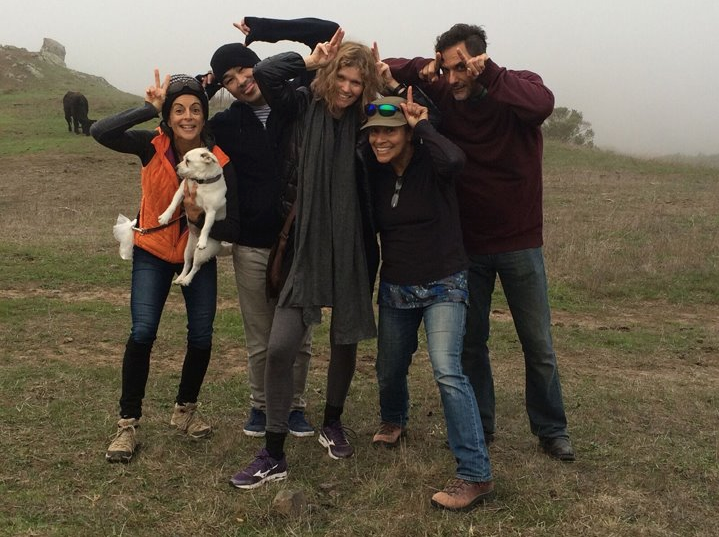
Are Critique Groups Worth the Time?
If you're in a critique group, please share your critique group experiences in the comment section. You don't have to be a Storyteller Academy student. We're just starting a conversation.
Blog Contributors

Myrna Foster writes and edits content for Storyteller Academy and the WriteRiders Newsletter for SCBWI Nevada. She has spent a lot of time teaching and coaching children, including five years as a preschool teacher. She's also worked as a journalist, and Highlights High Five has published six of her poems.
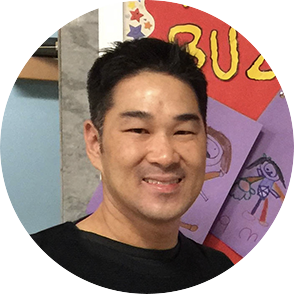
Arree Chung is an author/illustrator and the founder of Storyteller Academy. Arree’s Ninja! series has received starred reviews from Kirkus and School Library Journal. Kirkus also gave a starred review to Mixed, which recently won the FCGB award.
Today Arree lives a creative life, making stories for children. Arree spends most of his time making picture books, writing middle grade novels, and sharing his love for art, design, and storytelling with kids and dreamers everywhere.
